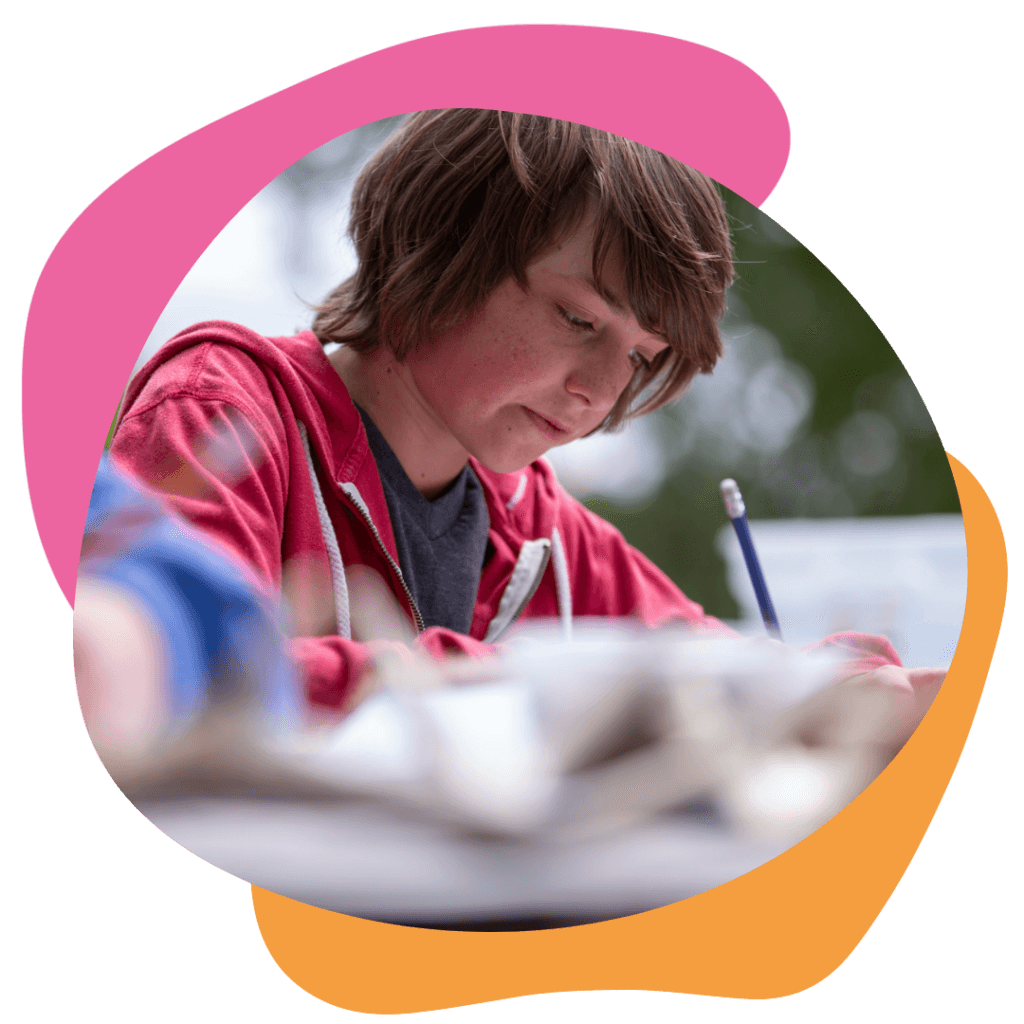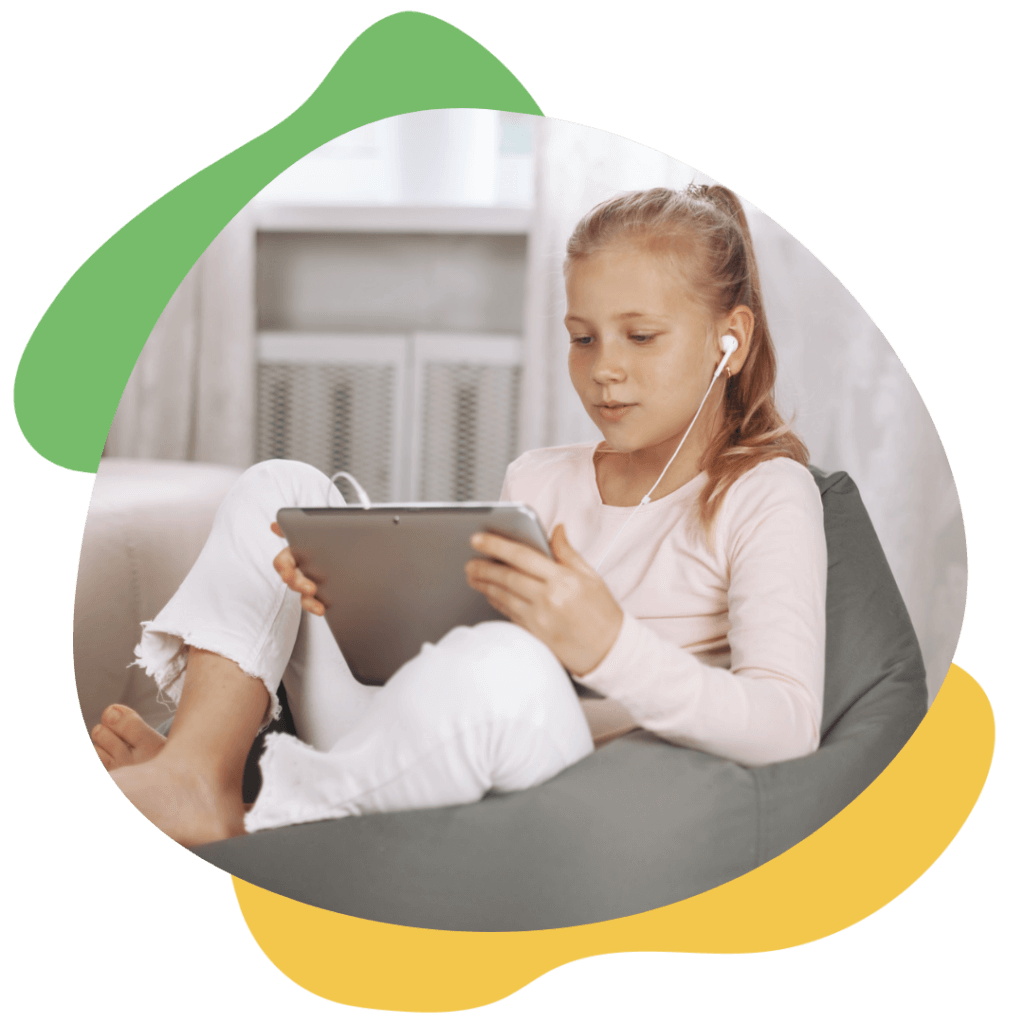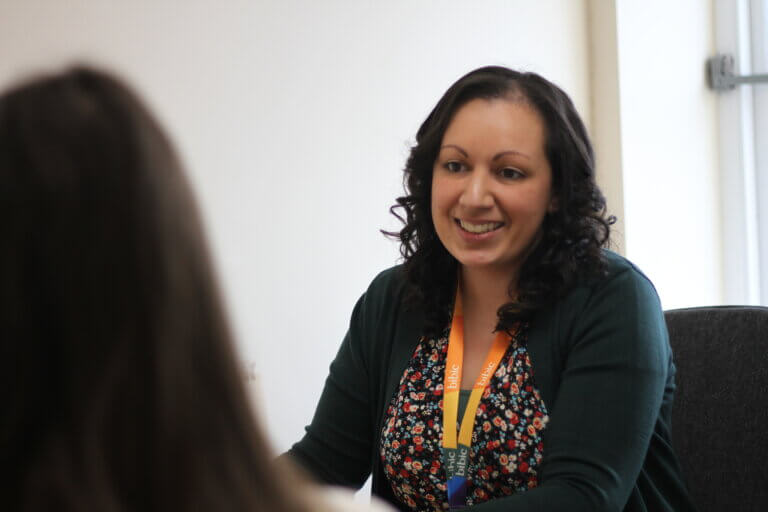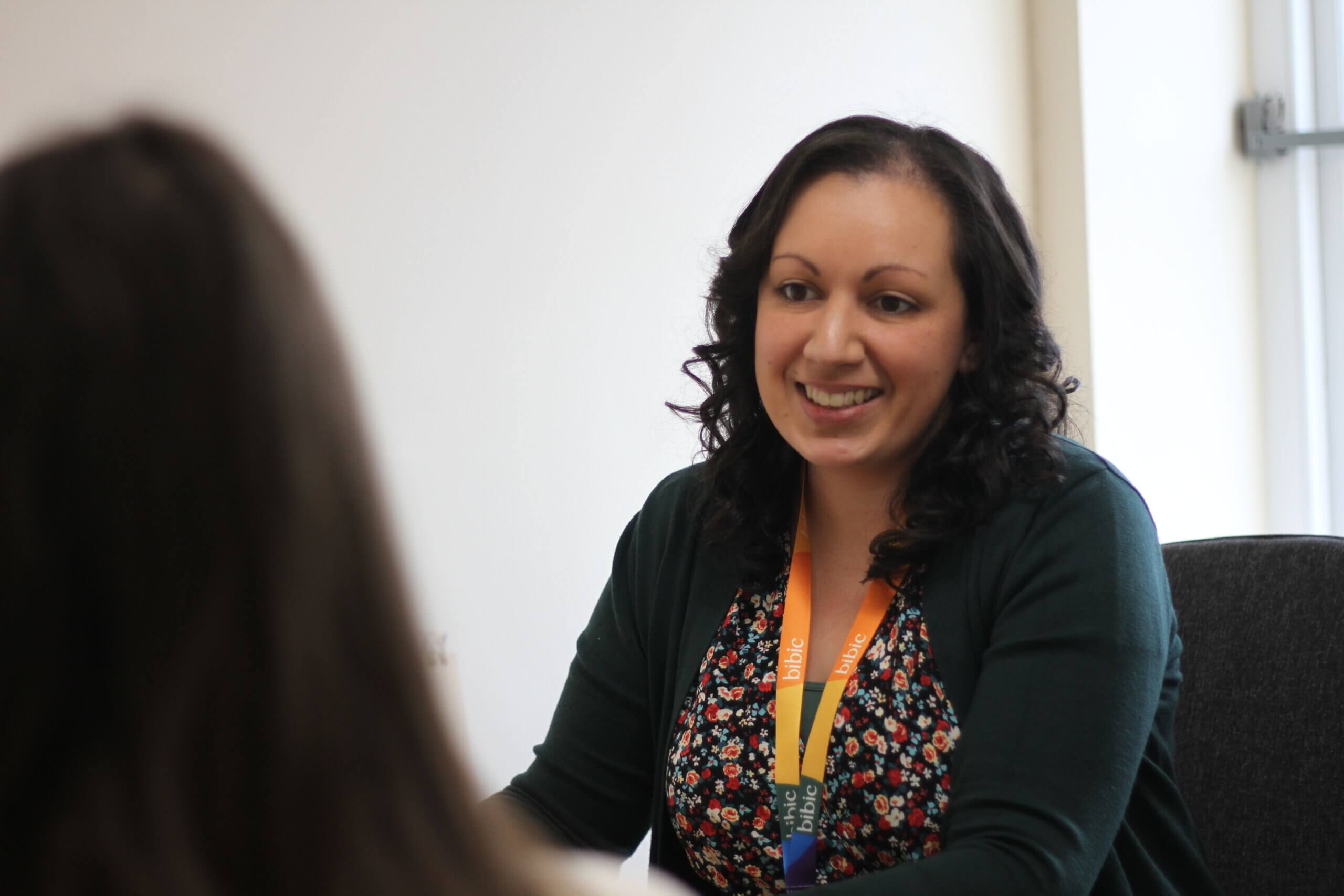Top 10 Tips to Support Education Transitions
Any transition can be nerve-wracking, and so many individuals may feel anxious, especially when it comes to education transitions – that’s why we thought it would be helpful to provide our Developmental Therapists Top 10 tips to help your child or young adult to prepare for changes ahead.

No. 1 Visit in advance
Any change can be scary, no matter what the situation, however visiting the place of education may settle some nerves, try to get to know the place they will be going, the area and where they will mainly be, such as classrooms or lunch halls. It may also help to attend an open day or similar where you can meet key staff as well so your child or young adult knows what and who to expect when the change happens.
No. 2 Practice the route
Once they’ve got to know the place, it may be helpful to familiarise them with the area and surroundings. Try to practice the route on the way there and on the way home.
No. 3 Plan and pace things well
Take your child’s or young adult’s lead and try to take things at their pace. When they are ready, try to have conversations about what they might expect, and things they may need and have things ready in advance to reduce any worry about being unprepared when the change happens.
No. 4 Remain calm and stay positive
Try to keep calm and be as positive as possible when talking about the changes and as they are happening – listen to any concerns or worries your child or young adult may have and talk them through.


No. 5 Seek support – don’t be afraid to ask for help
There may be many support networks around, ask the place of education if they know of any and have a look yourself. There may also be useful online forums and groups you could join.
It’s okay to ask for help and seek support – ask friends and family, staff or others you trust for help with something if you feel you need it, sometimes all you need is to talk something through with someone.
No. 6 Communication is key
Try to encourage as much communication as possible, and ensure your child or young adult has many different people in different settings to talk to if needed. Try various different ways to communicate and find what works best for them, this could be via text message, email, talking face-to-face or notes. This could be with staff, parents/ carers or other family or friends.
If needed, give them sentence starters, and conversation topics to help build friendships.
No. 7 Give them space to decompress
Educational settings have a lot going on, and sometimes this can be overwhelming. When your children or young adult returns home, give them some time and space to decompress.
No. 8 Note key dates
Find all the key dates within the year, such as events, holidays, deadlines etc… and put them on your calendar to ensure they don’t miss anything and allow time to prepare.


No. 9 Use social stories
Try using social stories to talk your child or young adult through what is going to happen and when – this may help prepare them and give them time to know what to expect.
No. 10 Colour code timetables and maps
Try colour-coding lessons, and a map of the school, so your child or young adult knows where to be and when to be there.


